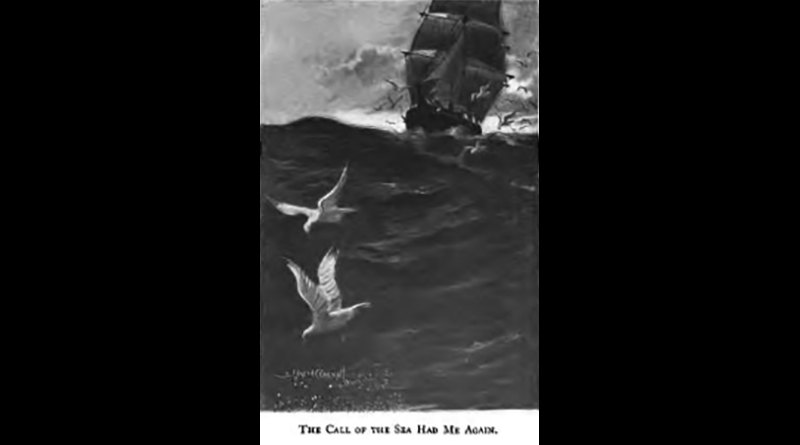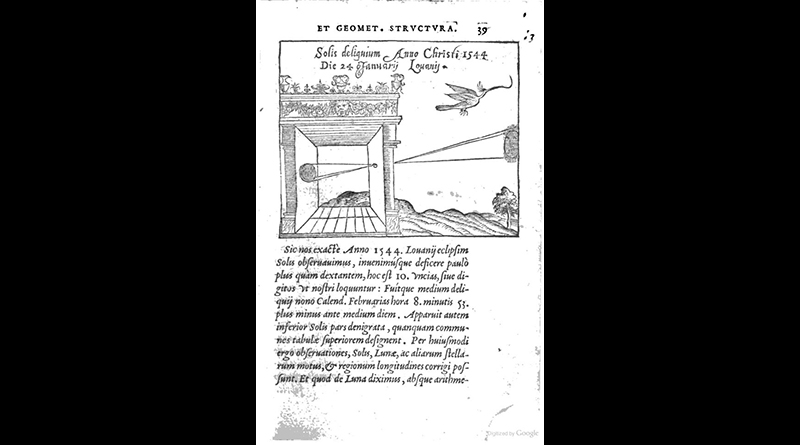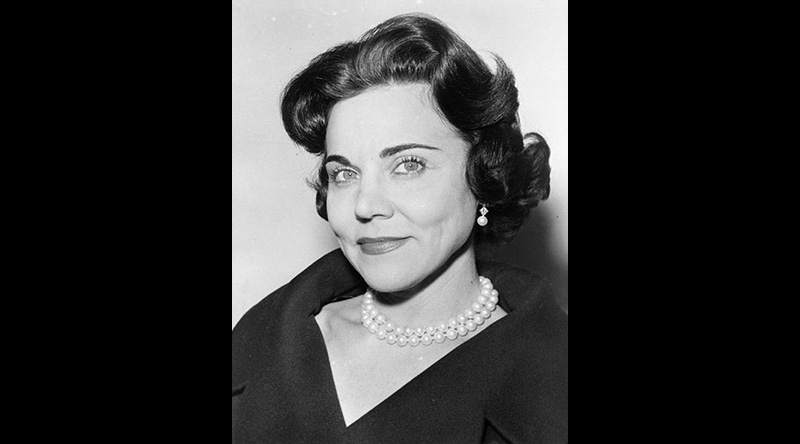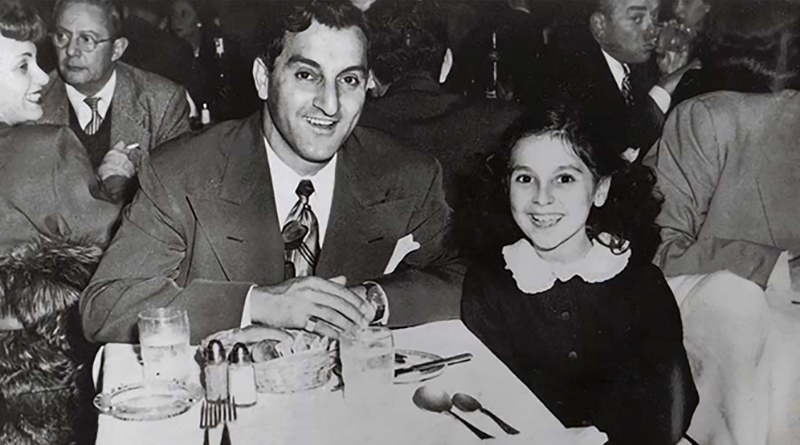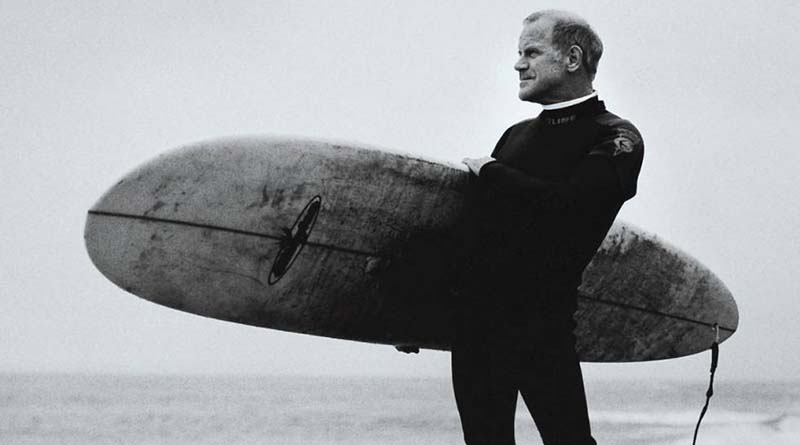The captain and mate were seeing to it that the crew should not get away…. The captain’s boat was hoisted on board every evening, and the oars put away. There was also a night-watchman, who had two guns strapped around him, but did not look fierce to correspond. Being a Frenchman, and rather religious, I doubted if the necessity could arise to make him shoot to kill.
Liverpool Jack and I held a conference, and decided that the time was near to make a dash for freedom. The barque would be loaded in a few days, and then it would be too late. The watchman did not speak English. Jack was terribly upset, for he couldn’t speak French, and so was deprived of all diplomatic maneuvering. The watchman had a birch-bark canoe in which he paddled off to the ship evenings, leaving it tied at the stem of a lighter of lumber. We saw it, and kept it secret from the crew, who were also trying to devise some means of getting ashore.
Liverpool Jack was as crafty as a sea-otter. One night he called me about twelve o’clock. I had been working late, whittling a toy for the captain’s boy, of whom I was fond (as I have always been of children, finding them good company at the worst of times), and was sleeping soundly.
“Roll a suit of clothes up in your oilskin coat,” said he. “We’re going to-night. I have had my eye on the watchman.”
“You’re not going to kill?” I asked, in a great fright, while I scrawled the child’s name on a scrap of old paper, and left the toy in my bunk.
“Oh, no,” said Jack, reassuringly, and a little flattered. “We haven’t time for that.”
“Here’s my plan,” he continued hurriedly, in a low voice. “Tie the bundle on your back, and strip naked — we may have to swim for it. When the watchman walks over to the port side we’ll slide down the rope hanging from the starboard bow, swim to the lighter, board her, creep over the lumber to the stem, and then if all goes well all that is left to do is simple enough. Drop into the canoe and paddle ashore. Then we can hide in the woods.”
It all seemed simple enough to him, but I felt as if the last of my time on earth had come. “Suppose they kill us,” I objected.
He looked me over quickly, as if he had half a mind to leave me there and then. But his eye softened, and I knew that he had in a way grown fond of me, as he answered, roughly enough:
“How about Rio? It’s pretty damned brave you’ll have to learn to be, my boy, if you mean to stay away from your mother.”
All ready, naked, and with our bundles strapped on our backs, we stood forward of the galley, watching the watchman. It was in the month of June when daylight comes in early in these latitudes. It was after one o’clock. Surely the devil possessed the Frenchman. He was not making a move to cross to the port side. Where he stood now, at the starboard side, he commanded a full view of lighter and canoe. I could see him toying with his revolver, and peering suspiciously from time to time into the fo’c’sle. How we ever had come up without his seeing us was a mystery.
It was past two. We were still nervously watching for the Frenchman to move. Mars hung low in the eastern sky, blinking in the dawn. This was my first big adventure. Although thoroughly scared, I had to admire the coolness of Liverpool Jack.
“Let’s go,” he whispered, with fascinating determination. “We won’t wait another minute. The damned Frenchman’s either frozen to the deck, or he’s asleep.”
We lowered ourselves cautiously over the bow into the water. Oh, but it was cold, and there were two miles to swim to the beach. He took the lead, and headed for the lighter, which we boarded. Just as we started to crawl over the lumber the Frenchman spied us. His voice was nothing to him. Just a roar in torrents of French, until he seemed to be about to choke. He fired his revolver, and the echoes awoke the cranes on the strand.
Jack didn’t stop for this, but with me following him closely, kept on for the stem of the lighter. He got into the canoe all right. I had never been in one. It was birch-bark, and in my haste I jumped onto it and turned it over, spilling us both into the water. The current was strong under the stern of the barque, and when we got our bearings we were well away from the ship. But as we rose they saw us.
Bullets began to splash around us, and I could hear the mate’s voice heading the outcry. “Dive,” panted Jack, and suited the action to the word. I tried to, but could not on account of the oilskin pack. But the current soon took us out of range, and they began to lower a boat.
Our feet soon struck the bottom of the sandy beach, and we saw, in the morning’s rays, the captain’s boat heading for the shore. Naked we landed, and naked we ran for at least five miles, into the woods. When we stopped the sun was up, and mosquitoes were there by the million, ready to feast upon two runaway sailors.
We got into our clothes wet as they were, and lay down to go to sleep. The mosquitoes saw to it that we did not sleep long. When we awoke we were hungry and stiff. Not a penny did either of us have to buy something to eat. This thought didn’t worry Liverpool Jack.
“I’ll go and get something to eat,” he said. “I know enough French to ask for it.”
He took a trail that led to the saw-mill town, and when he came back he had news, and food — two loaves of bread, a pail of buttermilk, and a chunk of butter.
“I heard that the watchman got fired,” he mumbled between bites, “and that the mate is still looking for us.”
— Arthur Mason, in his book Ocean Echoes: An Autobiography

